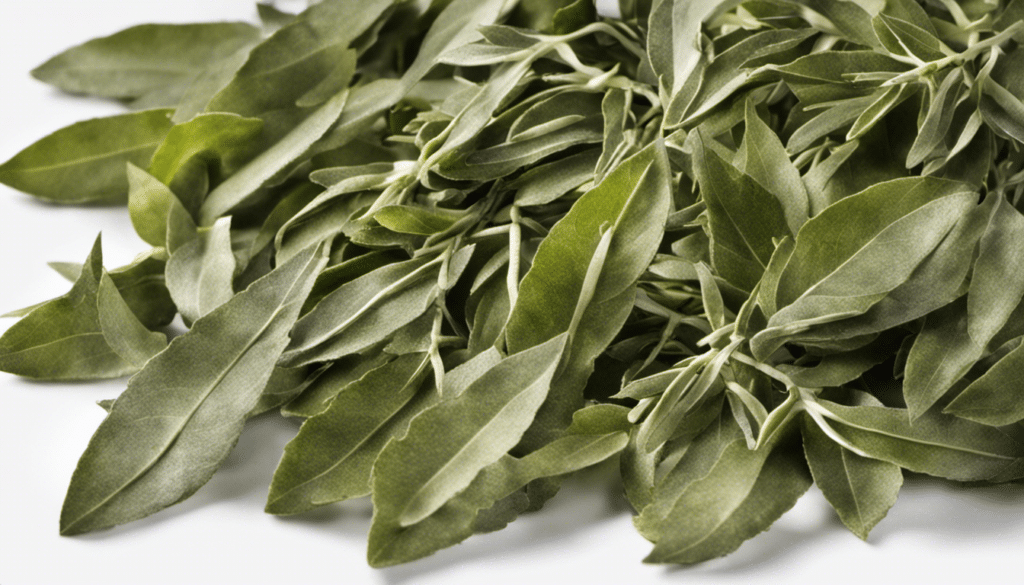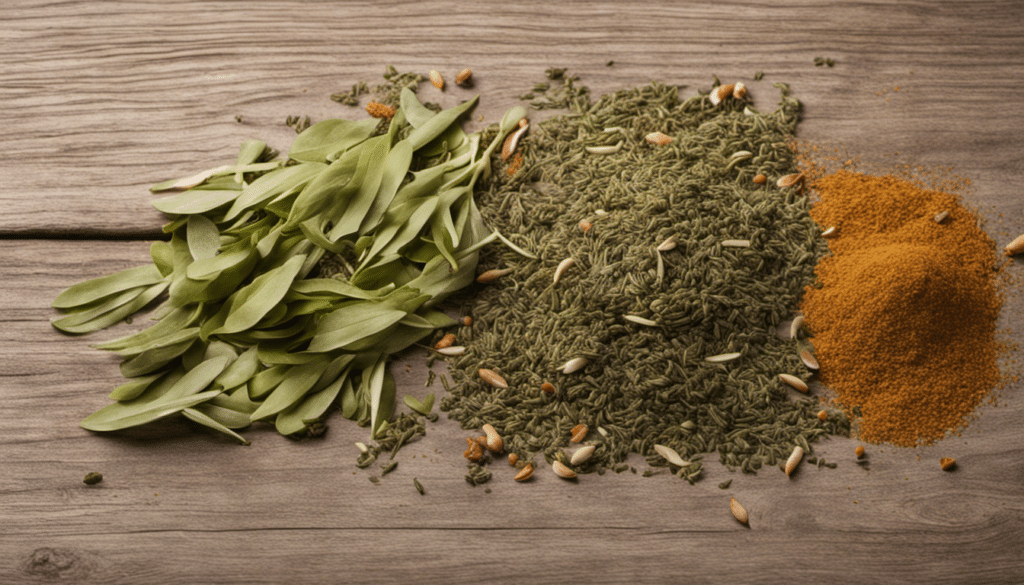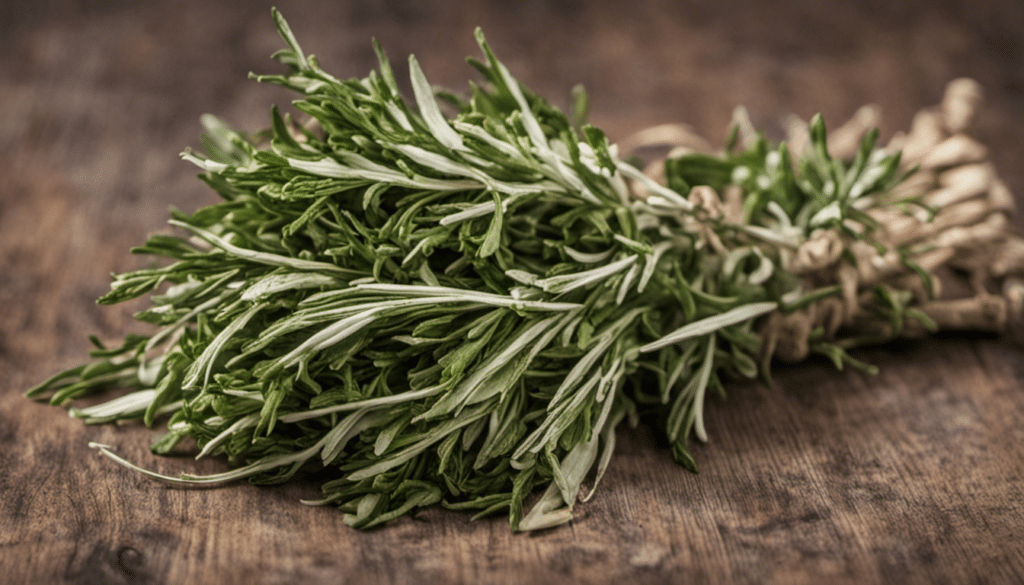Everything You Need to Know About Ginger

The Origins of Ginger
Ginger, or Zingiber officinale as it’s known scientifically, is a rhizome—a kind of root—that has a long history of use throughout the world. It is believed to have originated from Southeast Asia, specifically in the tropical rainforests from the Indian subcontinent to Southern Asia. The plant then spread to other parts of the world through the spice trade routes, eventually establishing itself as a staple in many culinary traditions due to its distinct spicy and aromatic flavor.
The Many Names of Ginger
Beyond just “ginger,” the Zingiber officinale rhizome bears different names in various parts of the world. In Spain, it’s called jengibre, in France, it’s gingembre, and in Italy, it’s zenzero. Some other common names include ingwer in German, imbir in Russian, shoga in Japanese, and geung in Cantonese. Regardless of the specific names, ginger’s popularity in different regions affirm its wide range of culinary and therapeutic uses.
The Health Benefits of Ginger
Ginger has been extensively studied for its health benefits, and it is found to have a number of therapeutic properties. Perhaps most well-known among these is its ability to soothe an upset stomach. Studies suggest that ginger can help quell nausea and vomiting, whether they are from morning sickness, chemotherapy, or surgery.
Beyond gastrointestinal health, ginger may also have pain-reducing effects. There’s evidence that it can reduce muscle pain and soreness, potentially making it useful for people engaged in rigorous physical activity. Furthermore, ginger contains gingerols and shogaols which have been found to have anti-inflammatory and antioxidant properties, offering possible health benefits against chronic diseases like heart disease and cancer.
Lastly, some research has suggested ginger as a remedy for colds and flu due to its warming effect and ability to stimulate the immune system. And for women with menstrual cramps, some studies have found that ginger can be as effective as ibuprofen in reducing menstrual pain.
It’s important to note that while research is promising, more studies are needed to fully understand the therapeutic benefits and efficacy of ginger.
Ginger Recipe Ideas
- Gingerbread Cookies
- Stir-fried Chicken with Ginger
- Homemade Ginger Tea
- Ginger Garlic Paste
- Spiced Gingerbread Loaf
- Ginger Scallion Noodles
- Ginger Glazed Salmon
- Ginger Beef Stir Fry
- Ginger Carrot Soup
- Mango Ginger Smoothie



